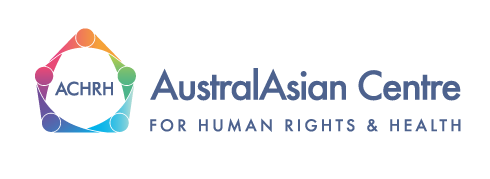ACHRH in Lucknow
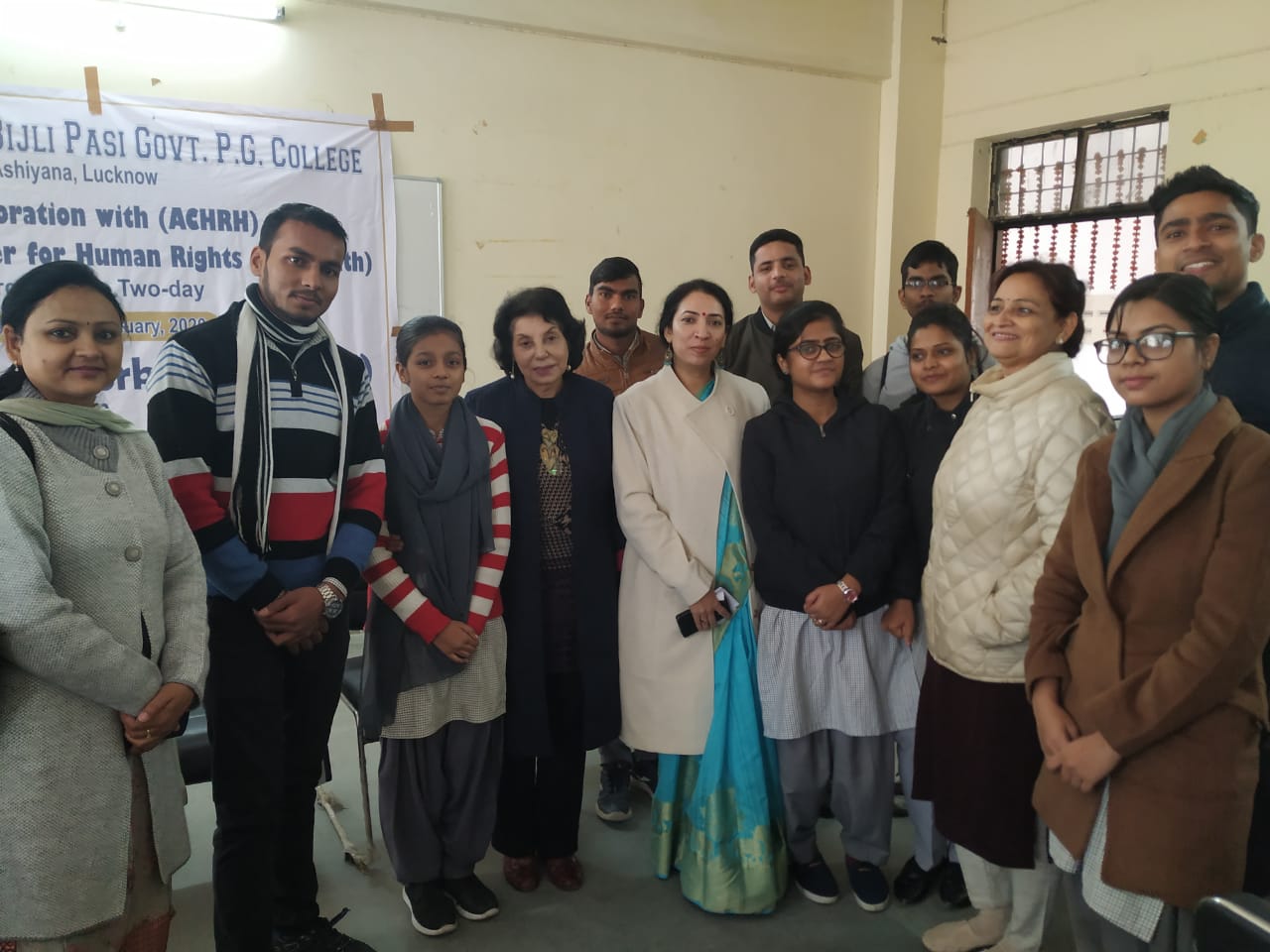
A Brief Report of the Two-Day International Workshop: Hope with Dr Manjula O’ Connor
at Maharaja Bijli Pasi Govt. P.G. College, Aashiyana, Lucknow, India
The Report has been prepared by: Dr Shweta Mishra, Assistant Professor, Department of English, MBP Govt. P.G. College, Aashiyana, Lucknow.
A two-day International Workshop: Hope was organized on 9th and 10th of January, 2020 at Maharaja Bijli Pasi Govt. P.G. College, Aashiyana, Lucknow, in collaboration with the Australasian Center for Human Rights and Health, Australia. The workshop titled “Empowering Young Women: Early Intervention and Prevention of Family Violence” aimed to focus on “mutual cultural respect”, “empowering young women”, “strengthening families” and “enhancing gender equality”. The two-day event commenced with an Inaugural Ceremony to introduce the purpose of the workshop, the proposed agenda and the targeted objectives. Dr Manjula O’Connor, Executive Director, ACHRH, Melbourne, as the Keynote Speaker, addressed a gathering of professors, principals of different colleges, students, members of media and other dignitaries and spoke about the global problem of family violence and dowry-related abuse in extended family system found in Australia and India. Mrs. Anju Gupta, Additional Director General Police Mahila Sammaan Prakoshtha, 1090 Women Powerline, Lucknow was the Chief Guest. She advocated the need for young women to realize the different kinds of violence and to raise voice against them. Professor Nishi Pandey, Director, HRDC, Lucknow University presided the Inaugural Session and praised the initiative as an important step towards educating youth in making them more gender sensitive. Professor Manju Dikshit, Principal MBP Govt. P.G. College, Lucknow, in her address spoke about the relevance of the workshop for students and teachers to achieve the target of gender equality.
This was a student-based workshop. Students ranging between 17 to 21 years were the subjects. Pre-workshop questionnaires were distributed to students, two-days prior to the workshop. The questionnaire introduced questions like defining family violence, types and causes of family violence, and the ways to reduce family violence. The answers to questions like whether women can leave violent relationships or that is it natural for a man to be the head of the family, and some unconventional ones like whether a woman has to have children to be fulfilled, forced the students to think on lines and areas which they had never reflected upon before. The answers presented in the pre-workshop questionnaire were either too predictable or showed perplexed state of minds. However, the answers in the post-workshop questionnaire revealed a completely different outcome as students were able to share their true thoughts, even if there were mixed philosophies and designs.
For the success of the workshop, it was pertinent to select students who could interact, participate through dialogues and exchange ideas. It was interesting to find that the students were more than cooperative, eager to learn and put forth their point of view. Coming from semi-rural areas the students were delighted to have an opportunity of meeting an expert trainer and social worker from overseas, Dr Manjula O’Connor. This workshop was an entirely new experience for them and the enthusiastic students tried to imbibe the essence of it by watching the UNITED WE STAND 3 segment videos “An Ideal Family”, “Arranged Marriage”, “Young Couple” and joining in question and answer sessions.
Some students who belonged to Hindi medium school background also did not fail to partake in discussions as they were able to follow the videos and present their thoughts in the language they were comfortable in, that is, Hindi. And that was not a problem at all as Dr O’ Connor was highly indulgent and being bi-lingual could comprehend their ideas with equal expertise.
As the coordinator of the workshop, I gauge the success of the workshop by the fact that we were able to connect relatively raw, naive and unbiased students into this training due to their own interest and deep inclination in wanting to learn. They were introduced to basic gender concepts like “patriarchy”, “subordination of women”, “gender roles”, and “male domination” and the way it is manifested in families and societies. Along with videos, there was a power point presentation that talked about “unconscious bias” as well as statistical data based on surveys that showed the numbers and percentage of crimes and acts of violence against women across the world and the rise in the rate of crimes against women in Indian immigrants settled in Australia.
The workshop focused to train the students and to study their understanding of the Indian mentality, especially the Indian young women’s needs. Empowering the women to form networks to connect with each other was the major objective of the workshop. Some of the students who displayed leadership skills were encouraged to run similar workshops. The discussions that went for more than 3 hours on both the days were followed by distribution of HOPE Workbooks to make the students document their ideology and their ways of how to achieve healthy and happy communities.
The second day of the workshop concluded with the distribution of certificates of participation to all participants. The valedictory culminated amidst enormous applause. Dr. O’Connor proved to be a huge inspiration. Her active social work, creating awareness in youth, and issues of gender sensitization focusing especially on women empowerment is the need of the hour globally. The pre-workshop questionnaires and post-workshop questionnaires have provided important reference points and researchable data for future conduction of such workshops. The workshop was one of its kinds in the history of MBP Govt. P.G. College, Aashiyana, Lucknow, India, and we hope to continue the exercise in future to spread awareness and make this world more gender sensitive and humane.
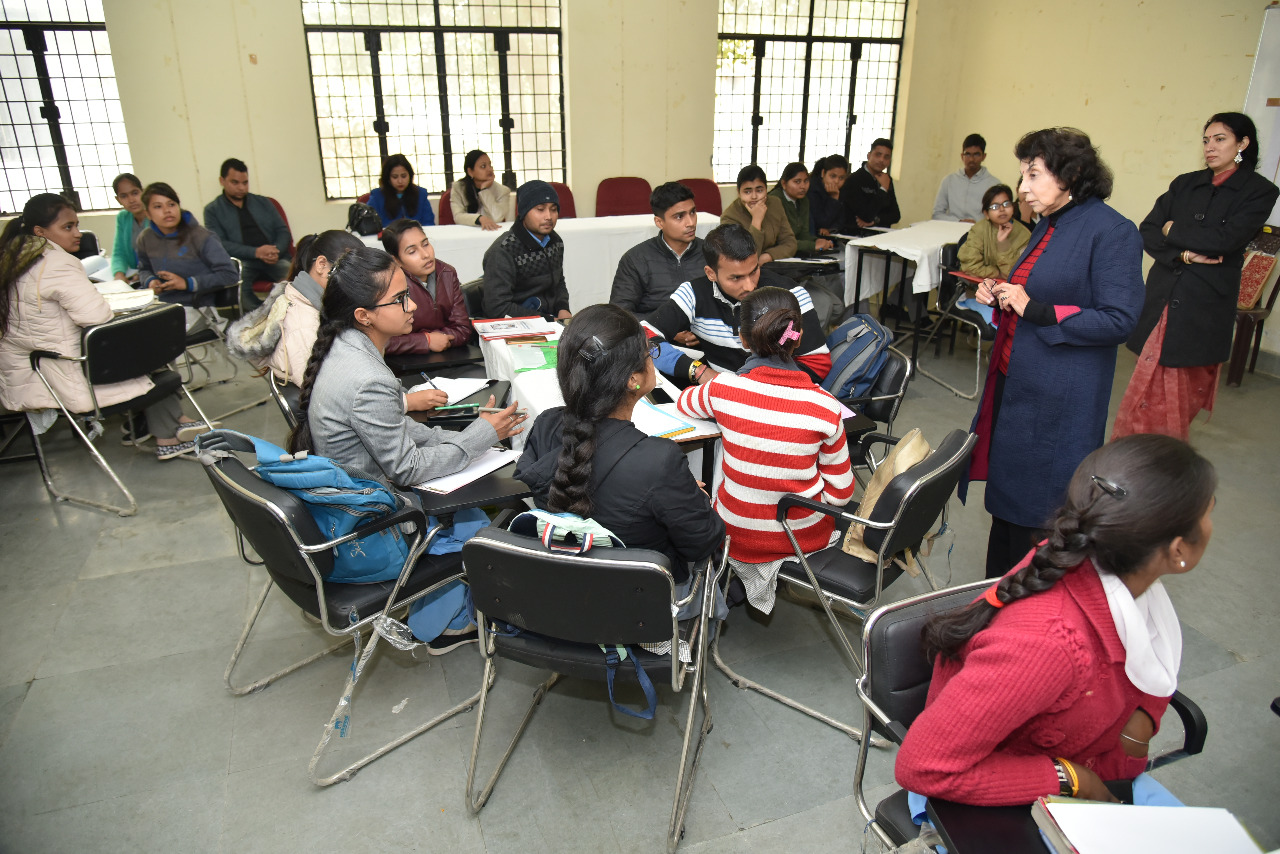
Hope Workshops
by
Dr Manjula O’Connor
Happy homes, Prevention of Family Violence and Education
HOPE Workshops builds on ACHRH previous video resource “United We Stand” (also funded by Vic Government Gender Equality grants). The video uses culturally congruent strength-based community focussed approach. It helps to create a cultural change by appealing to hearts and minds in line with the aims of primary prevention program as outlined by ‘Our Watch’ (2015, 2016) and 4rth National Plan (2019). The aims are to bring to awareness of forms of patriarchy and the inequality associated with that system. The workshops are formed to help to the change in attitudes towards greater gender equality and sharing of decision making in the family and what hidden dowry demands look like.
The MBP Government Post Graduate College of Lucknow’s Associate Professor Shweta Mishra is the Ambassador for ACHRH in Lucknow. She invited ACHRH to work with students at the College, to run HOPE workshops, educate about patriarchy, gender inequality and domestic violence, and to explore what they can do about it.
The students and staff of the College welcomed me very warmly with gifts and flowers as did their Principal Professor Manju Dixit. I addressed the 500 strong student assembly. The students of the National Cadet Core of the College lined the entrance and I walked along with two VIP s – Asstt Director of Police Anju Gupta and Head of Lucknow University English Department Professor.
Both women were impressive in their strong attitude to encourage students to learn from the Australian work about gender equality and how to stop domestic violence.
The workshops were held on 9 and 10 January 2020 with 37 students. The workshops were highly interactive, and the students were asked to comment and share their thoughts throughout the two workshops. They were shown 3 video clips of family life showing patriarchal decision making in a happy family, the power of money when a woman earns more than her husband, and how dowry is demanded by NRI husbands of Australia when they go back to India to get married.
The students strongly identified and connected with all three video scenarios and found them as relevant to their life in Lucknow and India, as they are for the Indian society of Australia.
It was freezing cold but that did not deter the students from attending. They were highly motivated and engaged with the issue. We conducted pre and post workshop surveys
Here str some of the best examples of answers.
“The workshops were very helpful in understanding relationships “
“Taking initiative starting from our own family, changing the mind set and that will make a chain of change”.
“These workshops should be held in every street, every locality, …Debates should be organised and men’s beliefs about dominance should be challenged”
The students understood that family violence is 1) about controlling another person’s choices. And putting fear into their minds. 2) that family violence is caused by lack of equality between genders and there is power gap between men and women 3) that society has patriarchal attitudes and that makes it hard for women to leave violent relationships. That men want to be seen to be the head of the household, but they do not need to be the head in everything. They can still be seen as valuable.
I really loved conducting the workshops with students at MBP Government PG College I also enjoyed the freezing cold, fogged out Lucknow, its Gomti river and the beautiful food. Thanks to A/Prof Shweta Mishra and her colleague’s Dr Sarita and Dr Sanover.
The lesson I learnt – the cultural continuity between India and Australia is very strong. The resources prepared by ACHRH with the help of Australian- Indian and the broader South Asian communities have international value.
(The HOPE Project is funded by Victorian Government 2019-2020)
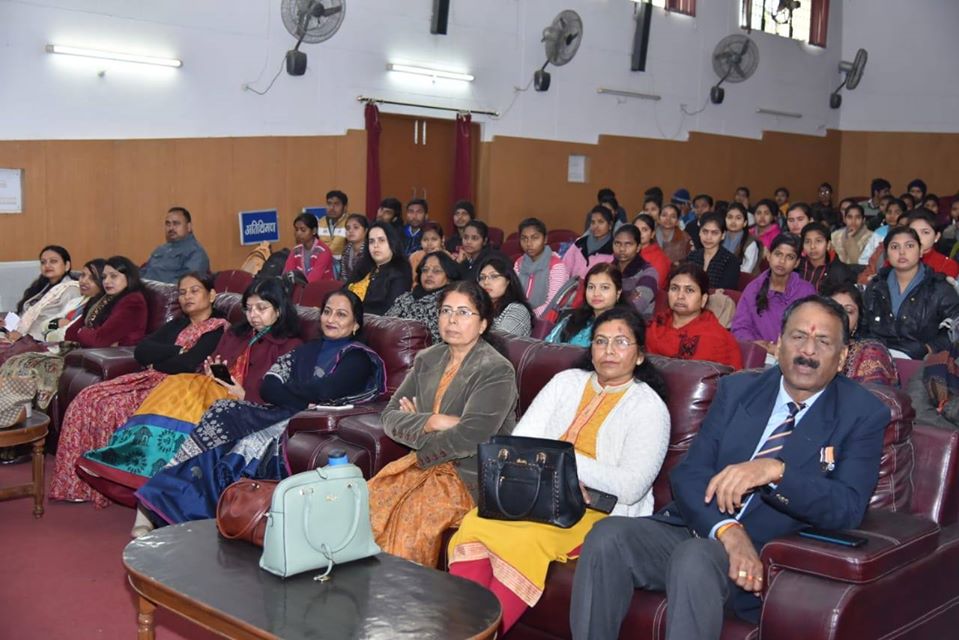

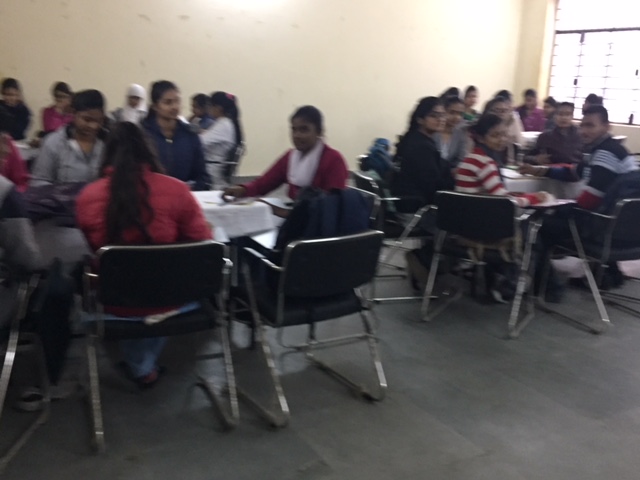
Extensive Media Coverage
ऑस्ट्रेलिया के ह्यूमन राइट्स एण्ड हेल्थ सहयोग से दो दिवसीय अन्तर्रष्ट्रीय कार्यशाला
on: No Comments
महाराजा बिजली पासी राजकीय महाविद्यालय, आशियाना, लखनऊ द्वारा 9 जनवरी 2020 को ऑस्ट्रेलिया के ह्यूमन राइट्स एण्ड हेल्थ (ACHRH), मेलबर्न, ऑस्ट्रेलिया के सहयोग से दो दिवसीय अन्तर्रष्ट्रीय कार्यशाला का आयोजन किया गया। इस कार्यशाला का शीर्षक”Empowering Young Women:Early Intervention & Prevention of Family Violence” है।

इस आयोजन में प्रमुख रूप से मेलबर्न विश्वविद्यालय ऑस्ट्रेलिया से आयी डॉ. मंजुला ओ कॉनर, कार्यकारी निदेशक, ्रष्ट॥क्र॥, ने शिक्षकों, छात्रों और आए हुए अतिथियों को सम्बोधित करते हुए इस संवेदनशील शीर्षक पर व्याख्यान देते हुए आज की युवा महिला की सशक्तिकरण पर जोर दिया और लैंगिक असमानता के मुद्दे को एक वैश्विक समस्या के रूप में सम्बोधित करते हुए शिक्षा और वित्तीय स्वतंत्रता के माध्यम से युवा महिलाओं को सशक्त बनाए जाने की अनुशंसा की।

उद्घाटन सत्र की अध्यक्षता लखनऊ विश्वविद्यालय के अंग्रेजी विभाग की प्रोफेसर निशी पांडे ने की। प्रो. पांडे ने हिंसा की रोकथाम के लिए कॉलेज द्वारा की गयी पहल की प्रशंसा की। श्रीमती अंजू गुप्ता, अतिरिक्त महानिदेशक पुलिस, महिला सम्मान प्रकाशन और महिला पावरलाइन ने मुख्य अतिथि के रूप में युवा महिलाओं को विभिन्न प्रकार की हिंसा का एहसास करने और उनके खिलाफ आपत्ति करने और आवाज उठाने की आवश्यकता की वकालत की। एमबीपी राजकीय महाविद्यालय प्राचार्य डॉ. मंजू दीक्षित ने अपने संबोधन में लैंगिक समानता के लक्ष्य को प्राप्त करने के लिए छात्रों और शिक्षकों दोनों के लिए कार्यशाला की प्रासंगिकता के बारे में बताया।

सुश्री डॉ. श्वेता मिश्रा, जो कि महाविद्यालय के अंग्रेजी विभाग में सहायक प्रोफेसर हैं एवं ्रष्ट॥क्र॥ लखनऊ चैप्टर की ब्रांड एंबेसडर, इस कार्यशाला के समन्वयक हैं ने भी अपने विचार व्यक्त करते हुए महिलाओं के सशक्तिकरण को आज के युग की प्रमुख आवश्यकता बताया। महाविद्यालय के इतिहास विभाग की विभागाध्यक्ष प्रोफेसर डॉ. सनोबर हैदर एवं प्रो. डॉ. सरिता सिंह सहायक प्रो. अंग्रेजी विभाग ने धन्यवाद प्रस्ताव दिया।
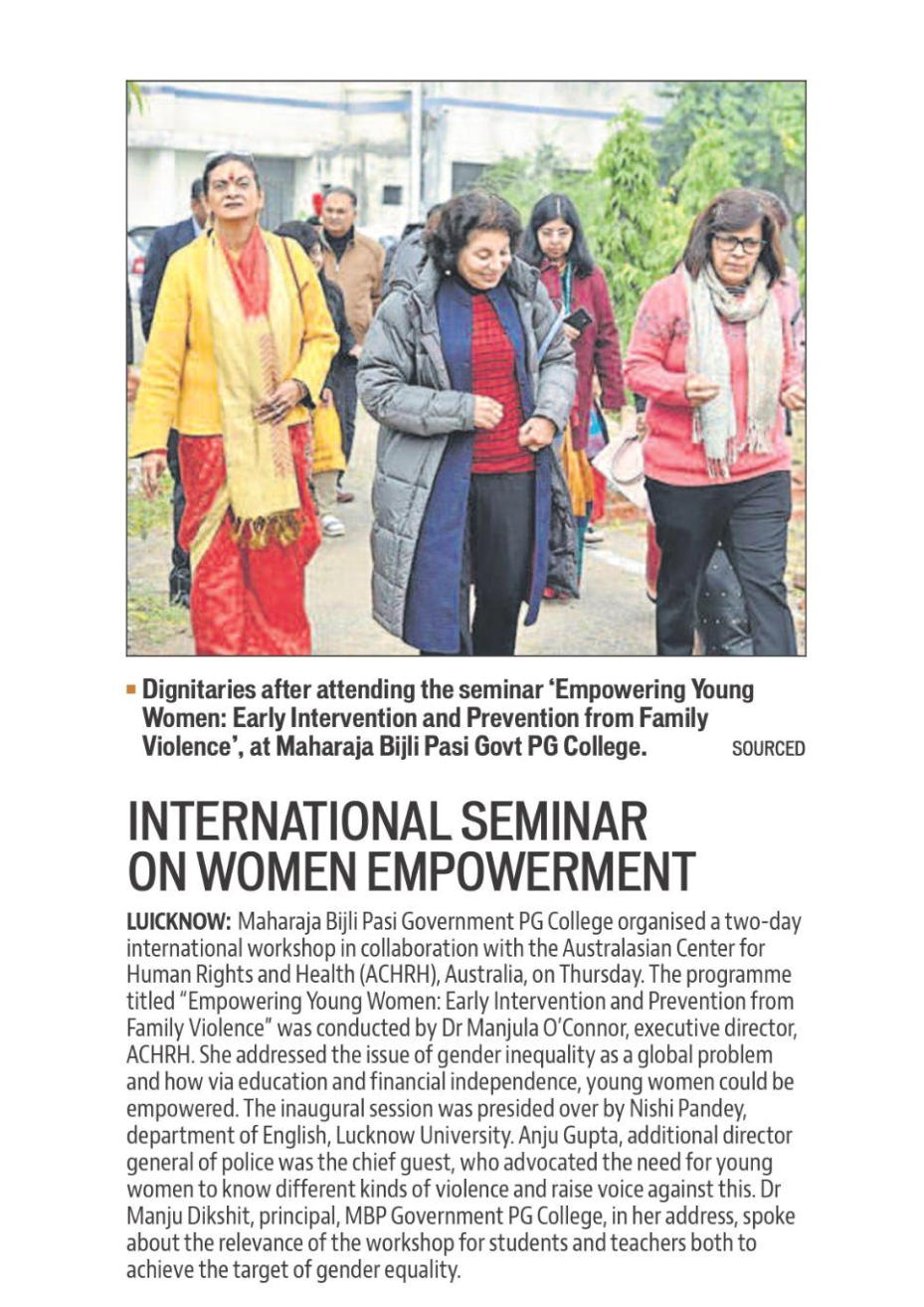
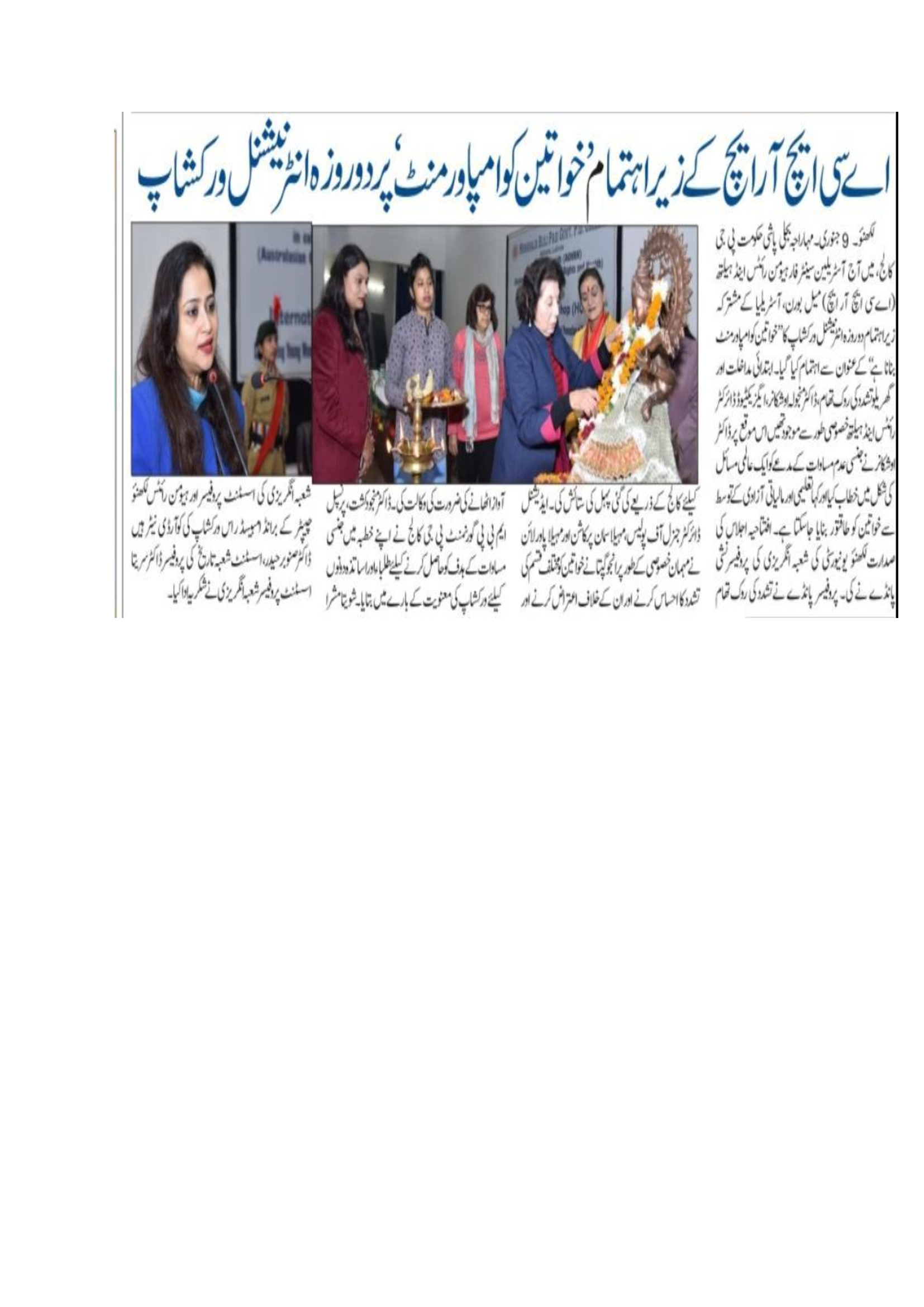
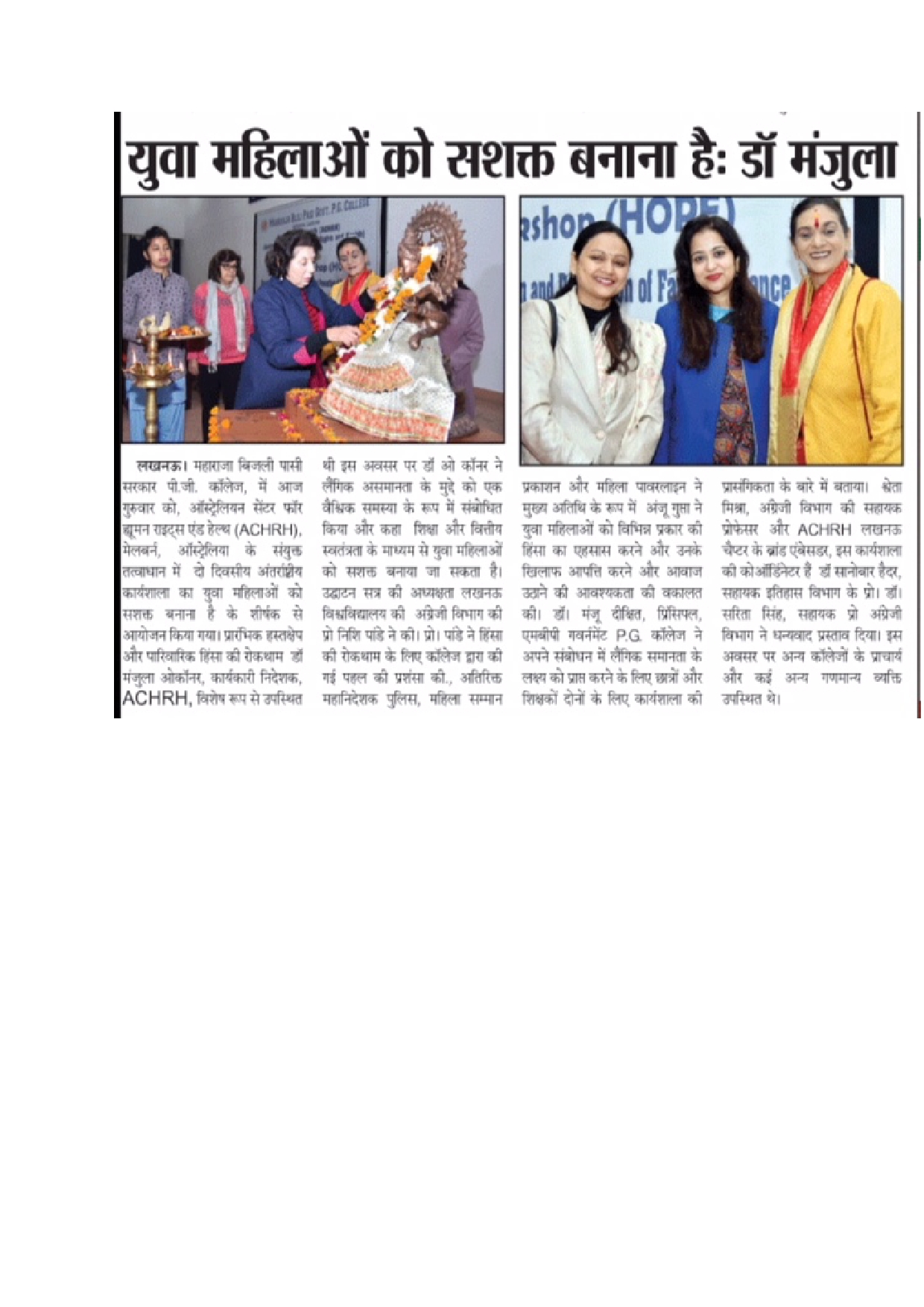 ACHRH in India
ACHRH in India
Press Conference
Ms Khushboo Jain a researcher who supports and advocates for the urban homeless of India made contact with ACHRH in 2018 after she heard a radio program describing the anti-dowry campaign of ACHRH in Australia . Ms Jain invited ACHRH to work in India and make contacts through her with key advocates, researchers, influencers and service providers .Dr Manjula O’Connor was already in touch with 50 abandoned brides of India through a whatsapp group . The abandoned brides of India contacted ACHRH as a result of our anti-dowry abuse campaign in Australia that started in 2013. They had heard about the support being offered to women and the Recommendation by Royal Commission into Family Violence to include dowry abuse in Family Violence Protection Act of Victoria , the passage of dowry abuse bill by the Victorian State Parliament that became law on 29/3/19.
ACHRH made connection with Women advocacy bodies in Delhi, and helped to host the Press conference in Delhi. ACHRH hosted the conference on 3 January 2019 at 2 pm to 5 pm to launch ACHRH Chapter of India at the Women’s Press Corp, Connaught Place New Delhi. India.
Chief guest was Professor Indu Angnihotri, a noted academic and advocate against dowry in India, immediate past President of the Delhi Centre for Women Studies Development Centre.
The Press Conference was about an issue most are aware of in India and Australia – the problem of abandonment of brides and confiscation of dowry in NRI marriages held between Indian brides and NRI-Australian husbands, living in Australia . Often such problem marriages are associated with domestic violence, sexual abuse , abandoned children , dowry abuse, exploitation, abandoned brides.
The aims of the Press conference was to highlight that often times marriages that take place in India can break down in Australia . There is a need for transnational approach and solutions . To that extent we announced the opening of India chapter of our NGO the Australasian Centre for Human Rights and Health with a view to creating working alliance with Women’s groups in India , to find solutions to stop or at least minimise the harm.
This will make our campaign international, and help stop the problem and also help the current abandoned brides. The Indian Chairperson is Ms Deepa Gupta , a chartered Accountant, and once lived in Australia as a spouse. She holds Australian residency visa and is an Indian citizen. She knows the issues and is donating her office space for ACHRH campaign in India.
At Press Conference in Delhi 50 people who attended represented local high profile domestic violence researchers, service providers, activists, lawyers and media. We also had 4 young women with lived experience, victim-survivors who spoke about their poignant experiences as abandoned brides of missing Australian husbands, their dowries confiscated and financially exploited, subjected to family violence and left pregnant with little meaningful support.

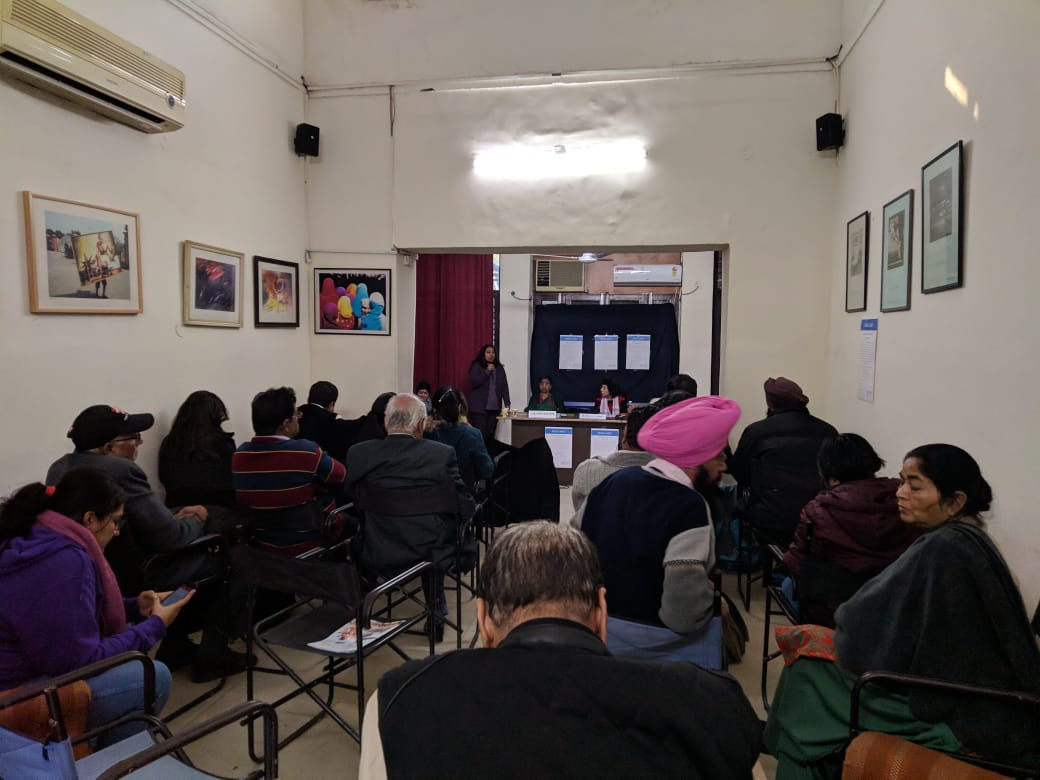
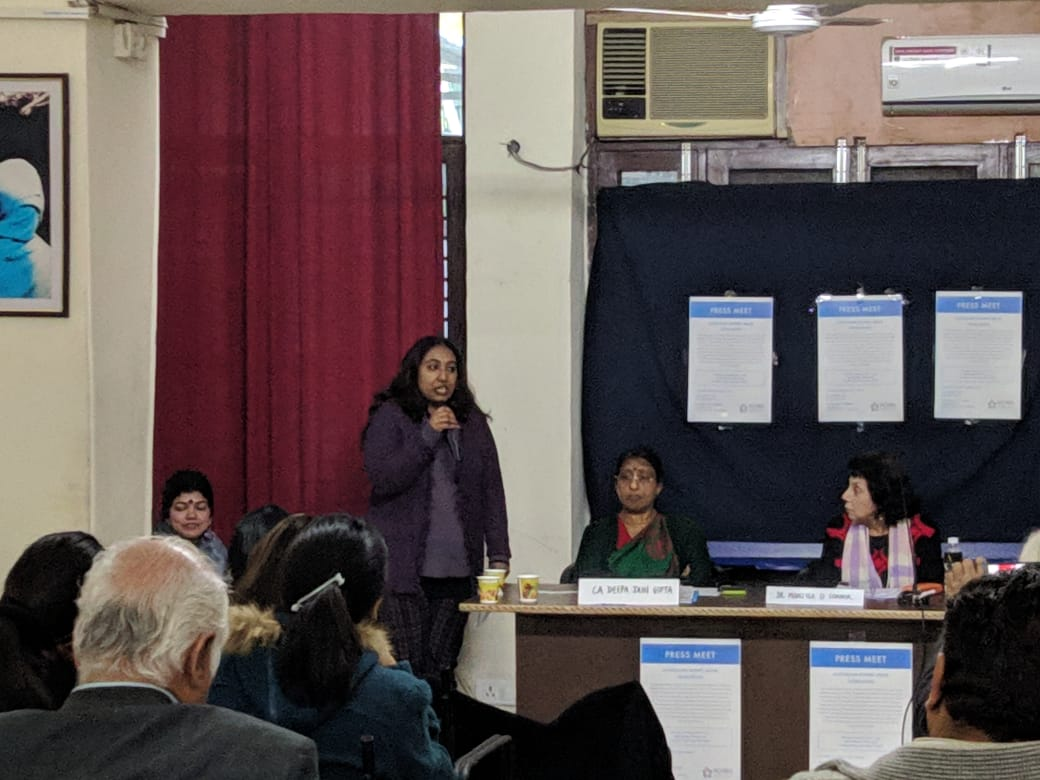
Outcome
1. Press Coverage – A number of items appeared in English and Hindi press.
https://frontline.thehindu.com/dispatches/article25898417.ece
https://m.timesofindia.com/india/abandoned-wives-press-for-action-against
एनआरआई दूल्हों से धोखा खाई लड़कियों को न्याय के लिए उठी मांग http://www.hindusthansamachar.in/news/delhi/story/390168.html

2. An enduring partnership has been formed with Delhi Centre for Women’s Development Studies)CWDS). A project to empower women and abandoned brides is being co-designed with CWDS.
3. Contact with Delhi Commission for Women chief Ms Swati Maliwala Jaihind has been established. See picture below.

